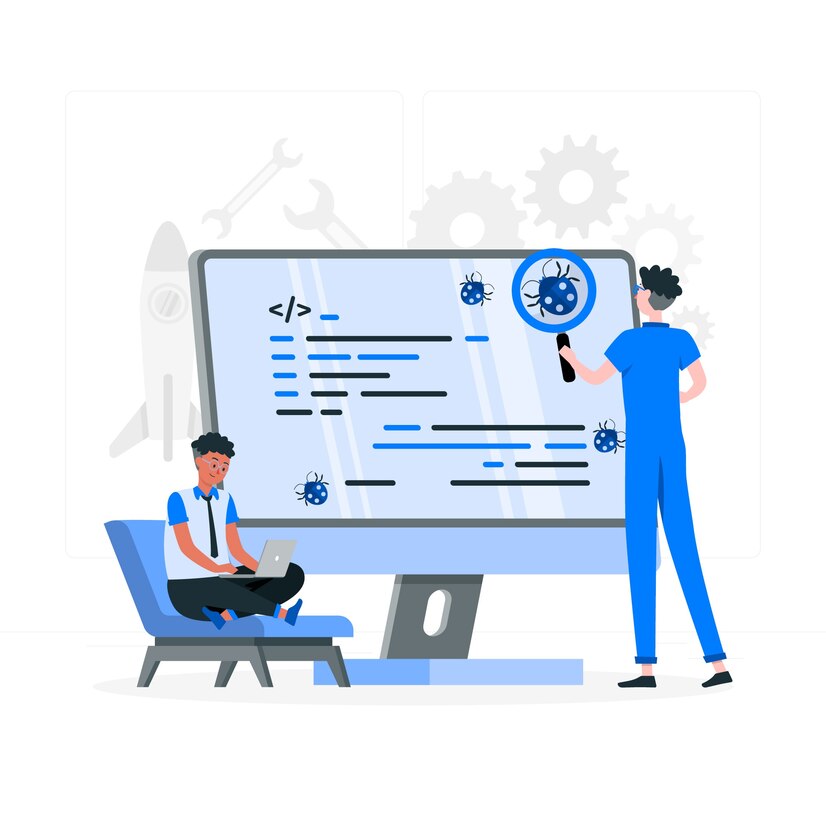Running ads is easy. Getting conversions from those ads? That’s where most advertisers struggle.
If your campaigns are getting clicks and are not converting, it’s time to revisit your approach. In this article, I will show you how to improve your Google Ads for conversions providing useful tips you can implement today, whether you are new to Google Ads or have experience.

A click doesn’t mean a sale. If you’re paying for traffic that doesn’t take action, you’re wasting ad spend.
Conversion optimization helps you:
Focusing only on impressions and clicks isn’t enough. Let’s dive into how to optimize Google Ads for better conversions.
Before optimizing, define what counts as a conversion for your business.
Examples:
Use Google Ads Conversion Tracking or import goals from Google Analytics to monitor these actions.
🔧 Pro Tip: Use Enhanced Conversions to capture more accurate data.
Not all keywords bring quality traffic. Focus on commercial intent keywords—those users type in when they’re ready to act.
Examples:
Use broad match modifiers, phrase match, and exact match keywords strategically.
🛠 Tools:
Great copy converts. Poor copy wastes budget.
Tips to boost ad performance:
📌 Example:
If your landing page is weak, even the best ad won’t convert.
Landing page optimization tips:
Add social proof like testimonials, star ratings, or case studies
Bonus Tip: Use tools like Unbounce or Elementor for better page design.

Extensions increase your ad’s size and CTR.
Must-have extensions:
Adding these can significantly improve ad relevance and encourage users to engage.
Refine who sees your ads.
Use:
🔍 Don’t waste money showing ads to people who aren’t your customers.
Never assume—test.
What to A/B test:
Use Google Ads Experiments to safely test changes without affecting your main campaigns.
Instead of manual bidding, switch to automated bidding powered by machine learning.
Top conversion-focused bidding strategies:
These strategies adjust your bids in real-time to improve conversions.
Not all hours convert equally.
Use ad scheduling to:
Analyze your dayparting performance in Google Ads reports.

Optimization is ongoing.
What to track:
📊 Use Google Ads reports, Google Analytics, and Looker Studio dashboards to stay on top of performance.
An e-commerce brand selling Indian snacks optimized its campaigns using these steps. Within 2 months:
How? They aligned their keywords, landing pages, and ad copy with user intent, used remarketing, and switched to Target CPA bidding.
Google Ads for Better Conversions – Learning how to optimize Google Ads for better conversions can make or break your campaign success. It’s not about spending more—it’s about making every click count.
With consistent effort and smart strategies, you’ll get more leads and sales—without increasing your ad spend.